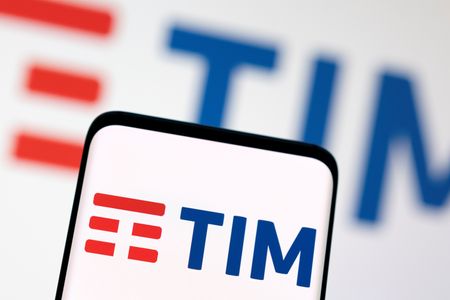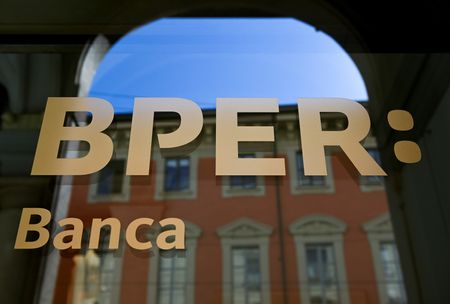(Reuters) -Telecom Italia (TIM) on Wednesday reported a 5.3% rise in core earnings during the first nine months of the year and confirmed its earnings growth forecast of around 7% for 2025.
The company said that the migration to its network by customers of PosteMobile, the telecommunications branch of Italian financial conglomerate Poste Italiane, will take place in the first quarter of 2026.
WHY IT’S IMPORTANT
TIM returned to state-backed hands this year, with Poste Italiane replacing France’s Vivendi as its single largest investor with a 24.8% stake.
Poste Italiane, whose business ranges from core mail and parcels business to financial, insurance, broadband and energy supply services, is majority-owned by the Italian Treasury and state lender Cassa Depositi e Prestiti (CDP).
Having sold its prized landline network last year, in a move aimed at slashing debt, TIM is expected to play a role in the long-awaited consolidation of Italy’s telecoms sector, which has been under pressure for years amid stiff price competition.
France’s Boygues Telecom, Iliad’s Free and Orange submitted last month a 17 billion euros ($19 billion) bid to buy most of the assets of France’s second-largest telecoms operator SFR, strengthening the appeal of European telecommunications companies, and boosting TIM’s shares.
Shares in TIM rose on October 30 after Reuters reported that Hong Kong Conglomerate CK Hutchison was considering a potential tie-up of its Italian telecom unit Wind Tre and the Italian operations of French telecoms group Iliad.
BY THE NUMBERS
Italy’s biggest telecoms group said its nine-months EBITDA after leases (EBITDAal) rose to 2.7 billion euros.
Its domestic EBITDAal came in at 1.5 billion euros, up 4.1% from the year before.
The EBITDAal of its Brasilian business came at 1.2 billion euros, up 6.9%.
TIM’s net debt after leases stood at 7.5 billion euros as of September 30.
Group revenue for the quarter came in at 10 billion euros, up 2.3% year-on-year.
TIM said its revenues and margins increased thanks to strong business performance in both the domestic and Brazilian markets.
($1 = 0.8575 euros)
(Reporting by Philippe Leroy Beaulieu in Gdansk; Editing by Matt Scuffham)











